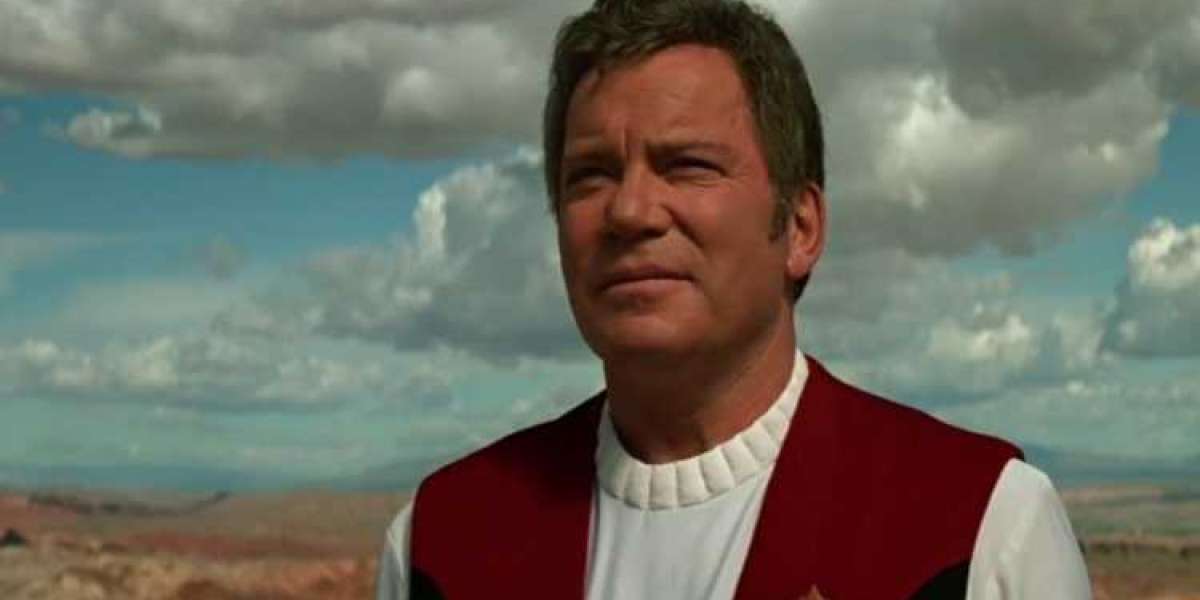Actor William Shatner, who played Captain Kirk in the original Star Trek television series in the 1960s, is the next in a long line of celebrities set to go into space on a Blue Origin rocket. While these trips provide excellent PR for the nascent space tourism business, they risk overshadowing the genuine science being done in orbit.
Shatner, who was born in Canada, will be the oldest person to ever enter space at the age of 90. He'll beat Wally Funk, an 82-year-old pioneering female aviator who flew on the maiden passenger flight of the Blue Origin rocket, who established the record in July. She, in turn, had shattered the record established by John Glenn, who, at the age of 77, spent nine days onboard the Space Shuttle Discovery in 1998. Glenn was a previous astronaut and fighter pilot who had been through the rigors of spaceflight before and knew exactly what to anticipate.
Mr. Shatner may find the trip to space less pleasant than his time on the Enterprise's bridge. As he is propelled aloft on a straight up, straight down jump above the atmosphere, he will confront the physical obstacles of launch and re-entry. It may not be the pinnacle of his long acting career, but it is a significant achievement for a senior citizen.
All of this may sell space tourism tickets and blockbuster movies, but will it detract from the genuine research that has been carried out on the space station for more than 20 years by committed astronauts who spend years training for each flight?
The International Space Station is primarily a scientific research facility shared by the United States, Russia, Canada, Japan, and 11 European nations.
It's fascinating to note that many people are more familiar with the exploits of a fictitious space traveller on a fictional spaceship than they are with the genuine individuals who work on a real space station.
We all wish William Shatner (Captain Kirk), goodluck on his space travel.



